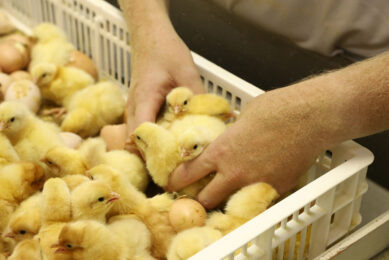Canadian ethanol policy impacting the meat industry
Canadian ethanol policy has directly impacted Canadian grain markets and users of grain, such as the Canadian livestock and meat industry.
According to a study released by the George Morris Centre, while there are many factors that influence grain and livestock prices, Canadian ethanol policies also have a direct and important negative influence on the Canadian livestock industry.
Canadian federal and provincial governments have developed policies for biofuels as part of a green fuels strategy to reduce petroleum fuel consumption and associated emissions. The Canadian ethanol industry has been created and supported by federal and provincial subsidies, grants and mandated usage of the product in gasoline. As a consequence, it creates a subsidised competitor for Canadian feed grains that form the basis of Canada’s export-based livestock and meat industry.
The study found that Canadian ethanol production increases the price of feed grains in eastern and western Canada by about $15-20/tonne and $5-10/tonne respectively and that Canadian ethanol production resulted in reduction in livestock feeding margins and or increased losses for Canadian producers amounting to about $130 million per year.
The bottom line is that federal and provincial ethanol policy has resulted in reduced incentives for livestock production in Canada. Expansion of the ethanol industry in Canada will amplify the negative consequences. As biofuel policy evolves it is important that governments and industry understand these implications on livestock and meat development.
The complete GMC report, “Impact of Canadian Ethanol Policy on Canada’s Livestock and Meat Industry 2012” is available on the homepage of the George Morris Centre website.
Join 31,000+ subscribers
Subscribe to our newsletter to stay updated about all the need-to-know content in the poultry sector, three times a week. Beheer
Beheer








 WP Admin
WP Admin  Bewerk bericht
Bewerk bericht